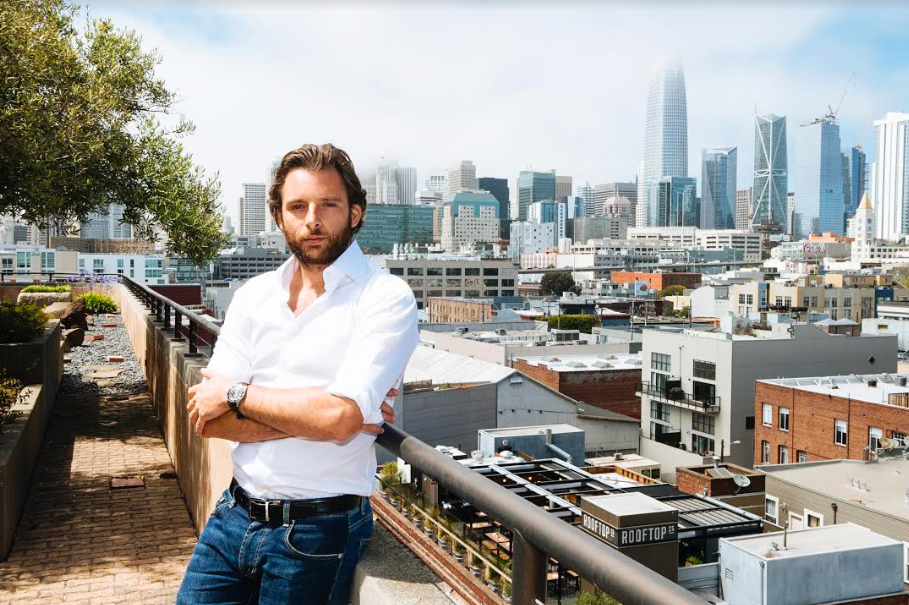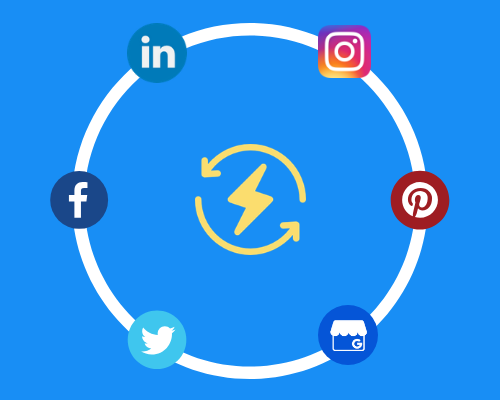Latest news about Bitcoin and all cryptocurrencies. Your daily crypto news habit.

Robert Vis is the founder of MessageBird, which has raised $60 million Series A, and currently work with customers like Uber, Telegram, and Domino’s. He was originally interviewed in the Founder Interview series here.
This interview is specifically about MessageBird’s Y Combinator experience, with advice for others considering applying to YC.
Let’s start off with the two questions I’m sure you get all the time. Is Y Combinator worth it? And, if you had to do it all over again, would you?
Without a doubt, yes and yes. YC is the only school you never want to leave. I’d go back in a heartbeat.
When it comes to the founders that are accepted to the program, does YC have a “type”?
I get this question a lot, and usually, when people ask it, they tend to have two “types” in mind. One is the 24-year-old in a hoodie with a potentially great idea and the other is the serial entrepreneur who has already built up traction and revenue on their own and is trying to get to the next level..
The truth is that it can be either or neither. YC isn’t concerned about founders fitting a mold. They want to see vision and drive, with some solid thinking to backup your vision. Maybe you’ve built up traction, maybe you’re just getting your business off the ground. Whether you’re one or the other shouldn’t stop you from applying. That’s why, whenever anyone is in doubt about whether or not to submit an application, I always tell them to apply anyway. And then reapply if you don’t get in the first time. Don’t take yourself out of the race before you’ve run it.
MessageBird had been established for a while before it joined YC. Why did you decide to take the leap and apply?
By the time we had applied to YC, MessageBird had already been around for five years. At that point, we were bootstrapped, profitable and on our way to a $40m run rate with no outside funding. So, for us, money wasn’t the motivating factor. We knew that YC would give us the guidance and network we needed to take our business to the next level. So, we went for it.
Of course, our story isn’t necessarily the norm. And, I don’t want to downplay the importance of funding, especially when it comes to getting your business off the ground. But, based on my own batch and the companies I’ve seen since, money shouldn’t be the end-all, be-all of why you apply. To me, the best approach to the YC application, and to the program in general, is to come at it focused on solving a customer pain point and creating the best product possible for your customers. If you do that, the money will come.
What metrics are most important to include on the YC application to state your case?
Your YC application definitely isn’t a place to “fake it ’til you make it.” As a founder, you need to be brutally honest with yourself about the numbers. YC looks for companies that potentially can become billion dollar companies so your ideas need to have the scale factor.
For starters, you should know the basics of all SaaS metrics and be able to talk about them like a broken record at any time. LTV to CAC / Retention / Gross margin / Deferred revenue. If you don’t fully understand what these things mean, you need to. You can be the best technical founder in the world but without this knowledge — your pitch will fail.
It’s worth thinking about what your Total Addressable Market (TAM) size and how your company will differentiate to quickly gain market share.
It’s also not enough to cite statistics. You want to make sure to cite metrics that matter — like number of users, revenue and installations — instead of fluff that doesn’t tell you much (like number of downloads or website visits).
I’d also point out it’s not just metrics that make the difference. It’s the wording you use. When you’re putting together your application, or thinking of what to say in your video submission,
Words like “the best” “amazing” “really good” can come across as compensating for your products inability to speak for itself.
I’ve read that YC tends to favor companies with co-founders, instead of solo founders. Is that true?
I don’t know whether that’s an absolute truth or not. But, I can say that building a company is hard and can be lonely. Sharing some of the joys and pains with a co-founder really helps. If you don’t have a co-founder try to find one. My recommendation is to find someone with skills in the areas where you may not be as strong. If you’re a technical founder, find a person with some business savvy and vice versa. This will solve for the two fundamentals every business needs: Building your product and selling it.
As you were putting together your YC application, and considering your approach, who did you go to for advice?
Being a founder is about being tough to yourself every single day and always raising the bar. The only way to do this is to get unbiased feedback from people who aren’t afraid to hurt your feelings. That’s why friends and family, despite their best intentions, sometimes give bad advice.
The best source of feedback comes from paying customers. The quality of feedback you get from customers who are spending money on your product is the most valuable feedback you can get. And when you’re starting out, this feedback doesn’t have to be in the form of surveys or NPS scores. Pick up the phone, get coffee, or email if that’s all they have time for.
Let’s say someone reading this applies and gets into YC. What advice do you have for them so that they set themselves up for success on day one?
No matter how great you, your idea or your metrics are — at YC they have seen it all. Being nice, kind and humble with a mind set on learning will help you get the most out of the experience.
A friend of mine had gone through YC in 2008 and told me he regretted not putting more effort in meeting the partners and asking them for advice. Put in the effort. When I went into YC, my goal by the end of the three months, was to have spent time with every partner. I wanted every partner to know my name and what my company did. Even if their expertise wasn’t exactly in my business, I walked away from each of those meetings having learned something. And that was invaluable to me, both then and now.
This interview is brought to you by OneUp, a tool to schedule and automatically repeat your posts on Facebook, Instagram, Twitter, Pinterest, LinkedIn, and Google My Business
Founder Interviews: Robert Vis of MessageBird was originally published in Hacker Noon on Medium, where people are continuing the conversation by highlighting and responding to this story.
Disclaimer
The views and opinions expressed in this article are solely those of the authors and do not reflect the views of Bitcoin Insider. Every investment and trading move involves risk - this is especially true for cryptocurrencies given their volatility. We strongly advise our readers to conduct their own research when making a decision.